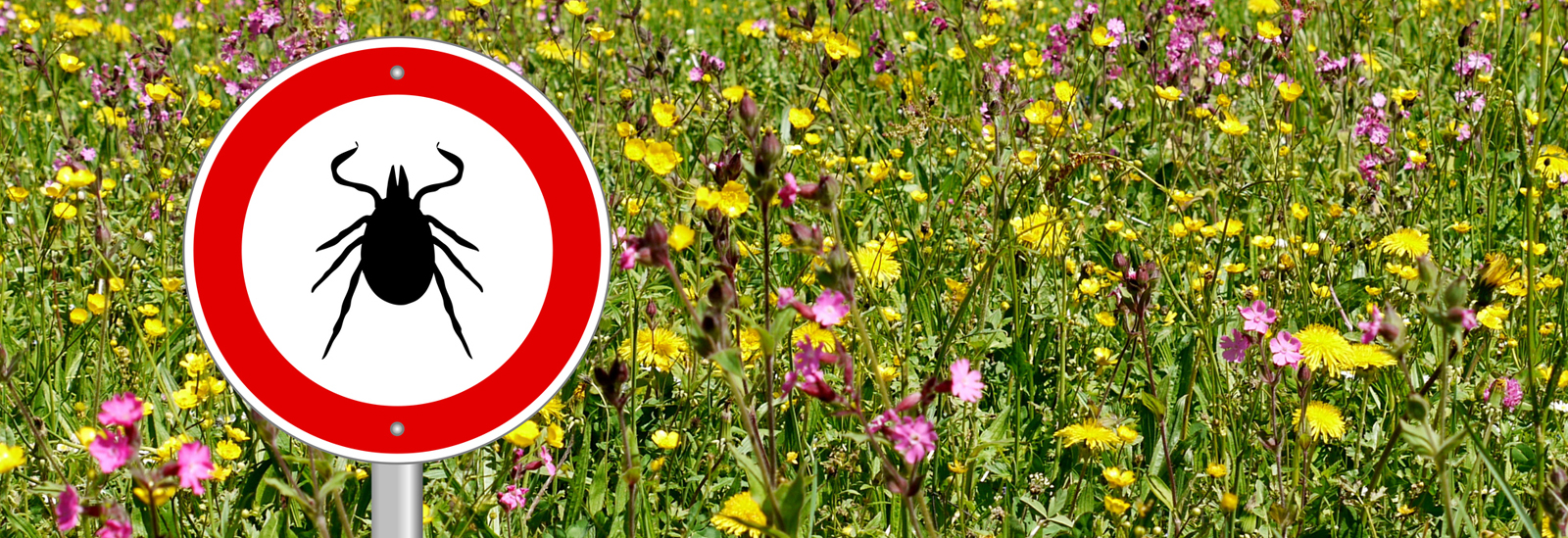Lyme Disease

I use a combination of acupuncture, herbs, and dietary supplements to address both the root and the cause of Lyme Disease. The initial goal of treatment is symptom mitigation and the long-term goal being optimal health in the context (or absence) of Lyme.
Below I have provided a general my views on acupuncture & herbal medicine, followed by how I have been using these treatments to effectively treat patients with Lyme disease.
[box style=”rounded”]
Overview
Acupuncture optimizes the function of a specific organ or system in the body. Acupuncture also down-regulates sympathetic functions and up-regulates parasympathetic functions, creating a generally calming effect beyond simple endorphin responses. Acupuncture effectively redirects resources to a given area. Thus a condition of excess such as acid reflux can be tempered and orthopedic conditions like joint aches and pains can be reduced. In the case of deficiency, fatigue may be alleviated by unblocking stagnation (relieving emotional stress) or by improving blood sugar regulation.
The case for herbal medicine is just the opposite. Here, an outside influence is brought to bear whereby pathogens can be eliminated or the overall system can be strengthened. In fact, Traditional Chinese Medicine (“TCM”) has used herbal medicine to treat every known condition to man, with exceptions being some modern day conditions including HIV/AIDS. Regardless, there is always an herbal formula that can be created to address a specific set of symptoms as well as their underlying cause.
[/box]
Acupuncture, Herbal Medicine and Lyme Disease
Following are some of my applications for the management of the wide variety of Lyme symptoms using acupuncture and herbal medicine. I have categorized the typical Lyme symptoms I see, accompanied by my approach for treatment.
- Weakened Immune System: While acupuncture can directly stimulate the immune system in the very short term to treat a cold or flu, the main benefit is indirect where acupuncture relieves stress to modify cortisol levels, or where acupuncture improves digestive function where a great majority of immune function is thought to reside.
- Cognitive Function Impairment, “Brain Fog”: Empirically, acupuncture has been used to improve circulation to the periphery, which includes the brain. Additionally, there are specific acupuncture points that are thought to improve vision, support blood cell production, and calm the mind. Using this treatment I have seen patients improve their memory, improve their ability to comprehend information and become less confused.
- Circulation & Musculoskeletal Issues: Neck & back pain, joint aches, muscle spams – Acupuncture can locally improve blood flow, eliminate muscle spams, and down-regulate nerve signals (reduce real and perceived pain).
- Headaches: A special category unto itself. In real time, I can eliminate mild/moderate headaches, and reduce the duration and intensity of severe headaches and their sequelae.
- Digestive issues: While dietary supplements/herbal supplements are often helpful here, acupuncture can regulate the function of the digestive system by calming it (GERD), or improving it (like increasing motility) by stimulating digestive function.
- Fatigue: With acupuncture there is a regulation of the parasympathetic nervous system and a calming of the sympathetic nervous system. Put simply, stress tires people out. Insomnia is the other side of this coin. Depending on the etiology, acupuncture may be helpful in this regard as well.
In my practice
I use dietary supplements and herbal medicine pretty heavily as a part of my treatment of patients with Lyme, but am cautious about their use in patients taking medication(s). In treating Lyme from a TCM perspective, I am trying primarily to address both acute and chronic inflammatory reactions including arthritis, skin lesions, cardiopathies, and neurological reactions. The actions we are trying to effect are, from a western perspective, immunostimulant, antimicrobial/antibacterial, anti-spirochete, and anti-ameba, anti-inflammatory, antitoxin, hepatic and digestive stimulant.
